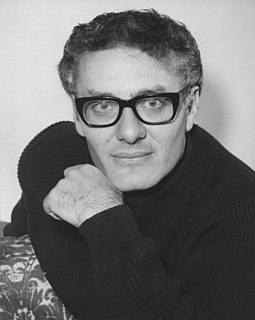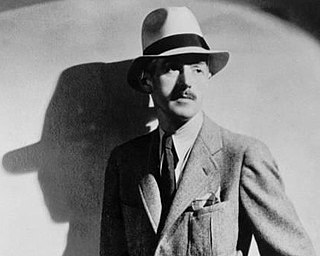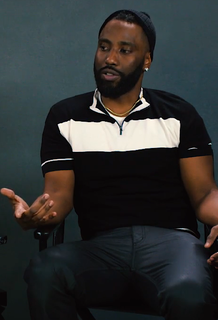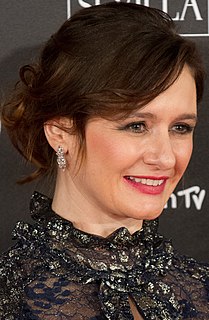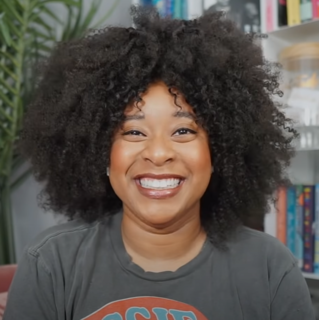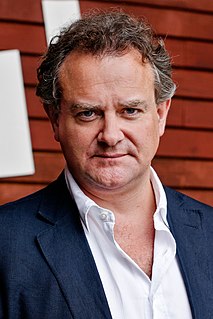A Quote by Emma Healey
Mark Haddon's 'The Curious Incident of the Dog in the Night-Time' was published while I was trying to work out how to write 'Elizabeth Is Missing,' and reading the story of that impaired amateur detective gave me the licence I needed to attempt one of my own.
Related Quotes
What I try to do is write a story about a detective rather than a detective story. Keeping the reader fooled until the last, possible moment is a good trick and I usually try to play it, but I can't attach more than secondary importance to it. The puzzle isn't so interesting to me as the behavior of the detective attacking it.
The average detective story is probably no worse than the average novel, but you never see the average novel. It doesn't get published. The average -- or only slightly above average -- detective story does.... Whereas the good novel is not at all the same kind of book as the bad novel. It is about entirely different things. But the good detective story and the bad detective story are about exactly the same things, and they are about them in very much the same way.
I was interested in the ways we can write biography. When you're first starting to write about your own life it feels so shapeless because you don't know how to make your own story cohesive. How do I pluck a story out of the entirety of what it means to be alive. It occurred to me recently that when you're telling a story about your own life, rather than taking a chunk, you're kinda like lifting a thread from a loom.
I read continually and don't understand writers who say they don't read while working on a book. For a start, a book takes me about two years to write, so there's no way I am depriving myself of reading during that time. Another thing is that reading other writers is continually inspiring - reading great writers reminds you how hard you have to work.
I spent a lot of time with a real detective, a lady detective inspector who was the only female detective inspector in the whole of East London. She and I hung out a lot. She showed me what she did and I spent time with her. So, [she was] a lot of the inspiration for the way I dressed and sometimes the dialogue in those interview scenes where we're cross examining and questioning the youths and trying to get a confession out of them.
Before I published my first book, I worked for a while as a documentary and wedding/bar mitzvah videographer, and a part of me still mourns the lost filmmaker I'll never be. Working on a documentary is nearly the opposite artistic process to writing: as a writer you are always trying to fill out a world to fit your story, but as a documentarian your work is to carve a story out of the world. Sometimes, when I'm feeling particularly blocked at my computer, I miss the days when I could just point my camera at something interesting and wait to see what happens.
When I Asked God for Strength He Gave Me Difficult Situations to Face When I Asked God for Brain & Brawn He Gave Me Puzzles in Life to Solve When I Asked God for Happiness He Showed Me Some Unhappy People When I Asked God for Wealth He Showed Me How to Work Hard When I Asked God for Favors He Showed Me Opportunities to Work Hard When I Asked God for Peace He Showed Me How to Help Others God Gave Me Nothing I Wanted He Gave Me Everything I Needed.
The idea that we should write towards the unknown aspects of our experience was totally groundbreaking for me. It gave me the license I needed to try to write outside myself. This attitude has deeply informed my approach to fiction, emboldening me to write characters with voices or situations that are vastly different from my own.
For the last episode [of Downton Abbey], you'll need some handkerchiefs. I needed handkerchiefs reading it. It wasn't because it necessarily moved me while reading it, but it was the experience of reading it when I realized it was the last time I was ever going to be reading one of those scripts. That was quite terminal.


